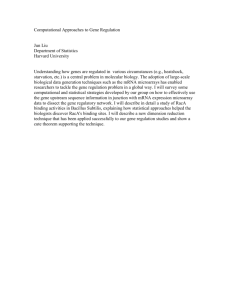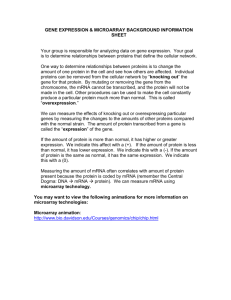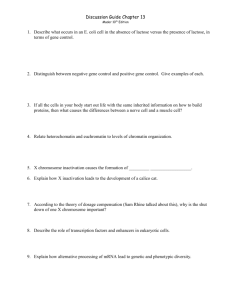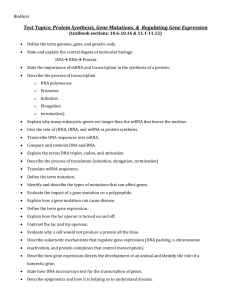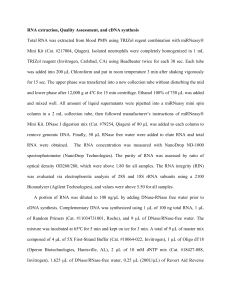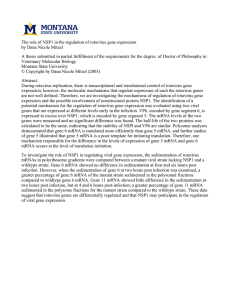Quorum Sensing
advertisement
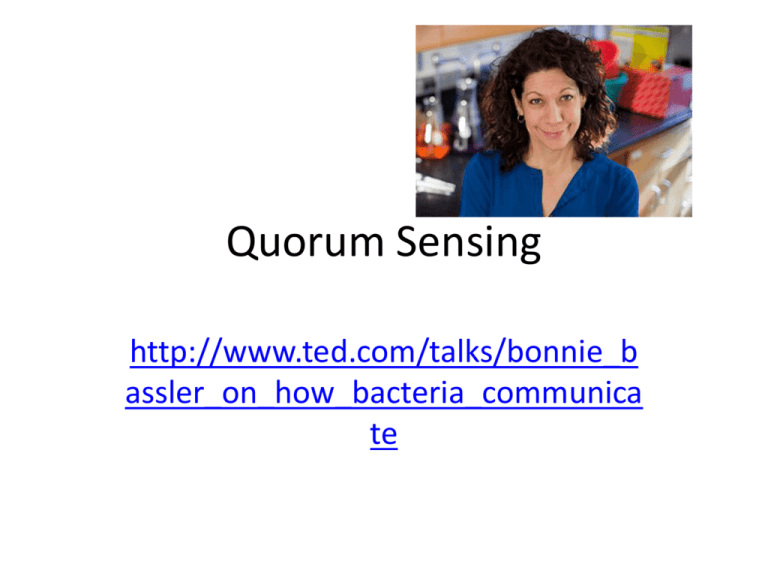
Quorum Sensing http://www.ted.com/talks/bonnie_b assler_on_how_bacteria_communica te Model Organism • Lux operon The basic mechanics • autoinducers • enable populations of bacteria to coordinate regulation of gene expression and behavior, on a community-wide scale Autoinducers • synthesized intracellularly. • either passively released or actively secreted outside of the cells. • number of cells increases = extracellular concentration of autoinducer increases. • minimal threshold level required for detection • Once threshold is hit, receptors bind the autoinducers and trigger signal transduction cascades that result in population-wide changes in gene expression. gene regulation • Low level, kinase model of cell communication • LuxO = regulator protein • Product degrades mRNA that stimulates group behavior • High level – switch to phosphatases, LuxO activity shuts down, mRNA that stimulates group behavior is left intact bioluminesce End Product • enables population of cells to function in unison = collective behavior • Achieve multicellularity – acting as one unit Example: • Virulence factor expression – molecules produced by pathogens and contribute to the pathogenicity of the organism – Help to colonize niche in host, evade or inhibit immune system of host, get energy from host, and get into/out of host cells Example: • Formation of biofilms – group of microorganisms in which cells stick to each other on a surface – Have different phenotypic properties than “freedwellers” of same species – Embedded within self-produced matrix – slime – Increased resistance to detergents and antibiotics – Dental plaque is a perfect example • http://www.hhmi.org/research/cell-cellcommunication-bacteria HTTP://WWW.NPR.ORG/TEMPLATES/S TORY/STORY.PHP?STORYID=6061852
